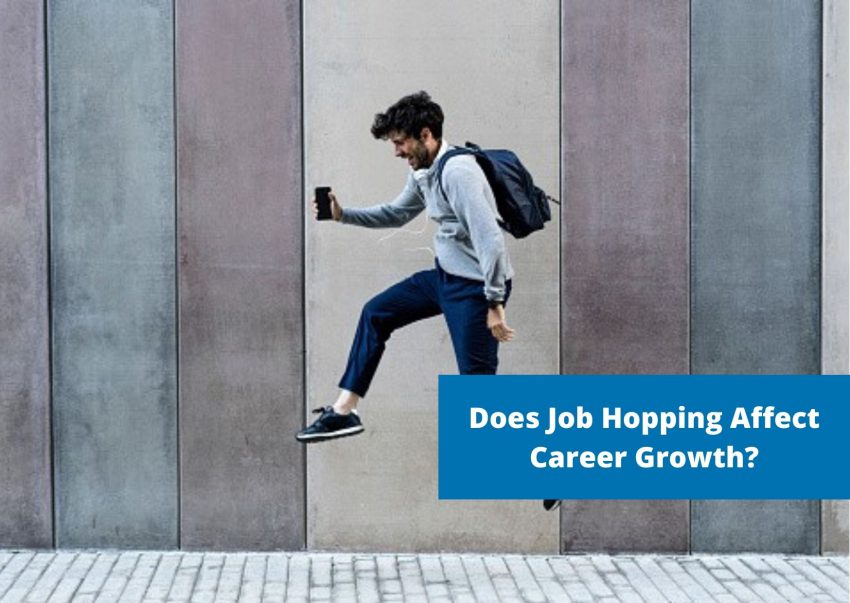The tragedies around made people question their priorities and choose jobs that had more meaning. The pandemic made us aware of how short life is. There is no time like now to do your dream job – Zindagi Na Milegi Dobara!
For better incentives to flexible work cultures and a better work-life balance, professionals have been shifting jobs amid the pandemic. The pandemic has prompted professionals to seek out opportunities that ensure better incentives, flexibility and a work-life balance. But is there an ideal duration one must spend at a particular job? What are the downsides to job hopping, if any?
Some retail professionals are on their way to a new job switch since last year. After having worked for many years in the industry, some of these professionals started their own stint in 2020 with a handful of consultancies. While landing some great projects, they eventually call it quits as the intense work pressure leads to burnout. The next job might further exacerbate the work-life balance.
Freelance health bloggers have changed multiple jobs since covid before eventually shifting to freelancing. The only issue was unrealistic demands and a toxic work culture. Others have quit their job to start their own recruitment consulting firm and are now hiring for various roles. With the job market opening up, many Bangalore residents have quit their jobs to join another companies offering remote working, flexibility and long-term incentives.
The Great Resignation is happening. And it’s not just in the United States.
In the last two years, one in four Indians have changed one job, a poll of over 15,000 members showed. Around 13% of them have changed two or even more.
What’s causing this?
Better opportunities available or a higher risk-taking appetite of job seekers? It’s a combination of both these factors and more.
The tragedies around made people question their priorities and choose jobs that had more meaning. The pandemic made us aware of how short life is. There is no time like now to do your dream job – Zindagi Na Milegi Dobara!
Indian IT and engineering space is battling supply-side challenges, given the increased investment in digital transformation creating high demand for skilled professionals. With heavy funding, unicorns have suddenly increased in India and are now attracting talent with astronomically high salaries and perks.
With several organisations embracing remote or hybrid work culture, the bond shared with co-workers or boss is also not as strong, making it easier to bid adieu. Lack of proper onboarding virtually and feeling lonely is another factor, as employees lack a feeling of belonging.
Are there any downsides to frequent job changes?
It is less about the duration of a job and more about what you do, opportunities for growth and alignment with the company’s culture that matters more. One downside to job-hopping, however, is that it can be difficult to build deep insights into the business and also build a strong emotional bond with colleagues. In some cases, frequent job changes is also not positively viewed by the recruiter as it questions the employee’s potential loyalty.
But is there an ideal time span for which a candidate must stay at a job?
It’s like asking how long you should take to read a book. Some people read fast, some take time to linger and reflect as they read. It depends on the book and the reader. As long as the employer and employee are adding value to each other, there is no need to change. That depends on the company and the employee.
(Source: www.linkedin.com)
